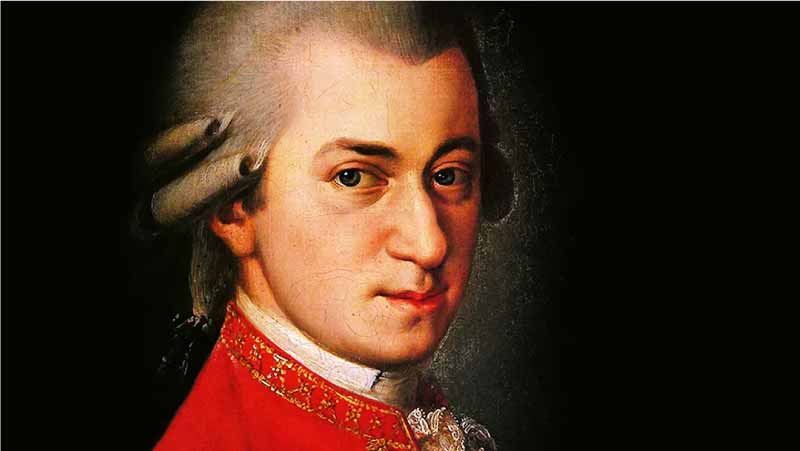Wolfgang Amadeus Mozart (1756–1791) was an Austrian composer and musician of the classical period. He was born in Salzburg, Austria, on January 27, 1756 and died in Vienna on December 5, 1791. At the age of three, Mozart began playing the piano and composing music. At the age of five, he began giving concerts throughout Europe. Growing up, he became a virtuoso in piano, violin, and organ music. He wrote over 600 works, including operas, concertos, sonatas, and symphonies. His most famous works include “The Magic Flute”, “Don Giovanni” and “The Clemency of Tito”. Mozart died at the age of 35, probably due to an undiagnosed illness. His music is still highly regarded and he is regarded as one of the greatest composers in history.
Family life
Mozart’s family was very musical. His father, Leopold Mozart, was a professional composer and musician and his mother, Anna Maria Pertl Mozart, also played various instruments. His brothers were also talented musicians. Wolfgang and his older sister, Maria Anna, gave concerts together as children.
Wolfgang and his wife Constanze Weber had six children, but only two survived infancy.
Throughout his life, Mozart had financial difficulties due to his lavish lifestyle and lack of adequate sponsors. Despite this, his family was always important to him and he worked hard to provide them with a comfortable life.
Mozart’s achievements
Wolfgang Amadeus Mozart is regarded as one of the greatest composers in history, with a variety of remarkable achievements in his career. }
- He began composing music at an early age and gave concerts throughout Europe at the age of five.
- He composed more than 600 works, including operas, concertos, sonatas, and symphonies.
- His most famous works include “The Magic Flute”, “Don Giovanni” and “The Clemency of Tito”.
- His contributions to classical music are regarded as fundamental.
- His concertos and operas were very popular in his time and continue to be performed all over the world.
- He is often regarded as the first modern musician and his style is regarded as a transition from Baroque to Classicism.
- His contributions to music are widely recognized and have influenced many later composers.
In short, Mozart is recognized as one of the most important composers in history, with a lasting legacy in classical music and his work continues to be appreciated and studied around the world.
Mozart’s Health
It is not known for sure what illness caused Mozart’s death at the age of 35, but several causes have been speculated. Some historians have suggested that he may have suffered from diseases such as rheumatic fever, nephritis or syphilis. Others have suggested that he may have fallen victim to a contagious disease such as pneumonia or typhoid fever.
In his life, Mozart did not have a robust health, he suffered from headaches and recurrent stomach problems, but this did not prevent him from working with dedication and producing a large number of works. Despite these health problems, he continued to compose and give concerts until shortly before his death.
In general, little is known about Mozart’s health, but what is certain is that his work and dedication to music were constant despite any health problems he may have.


